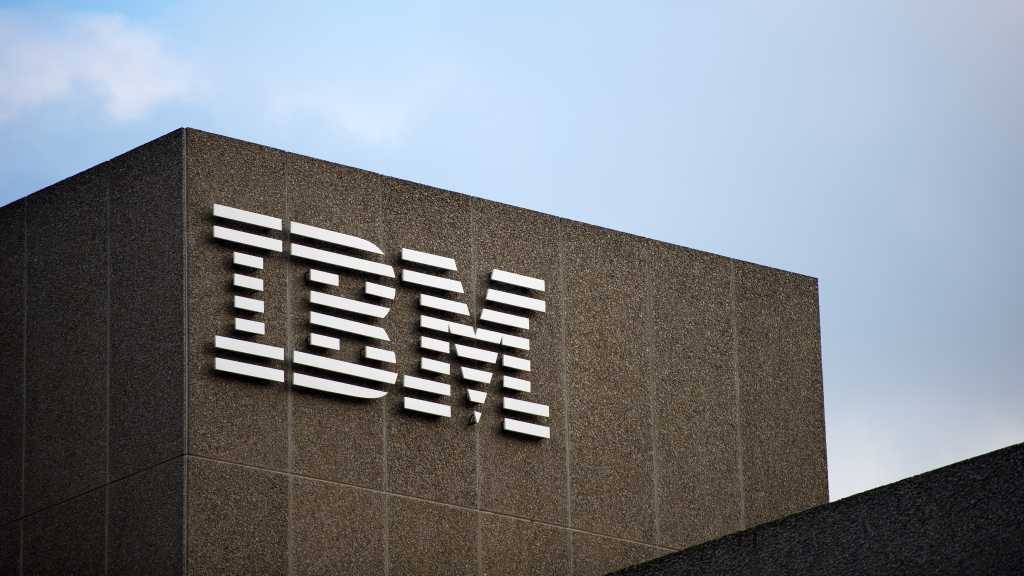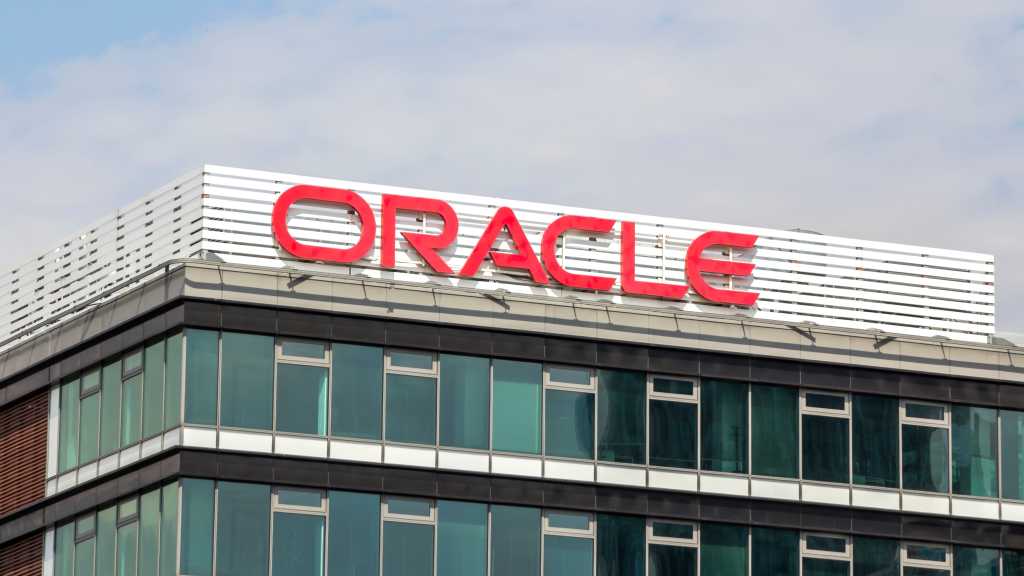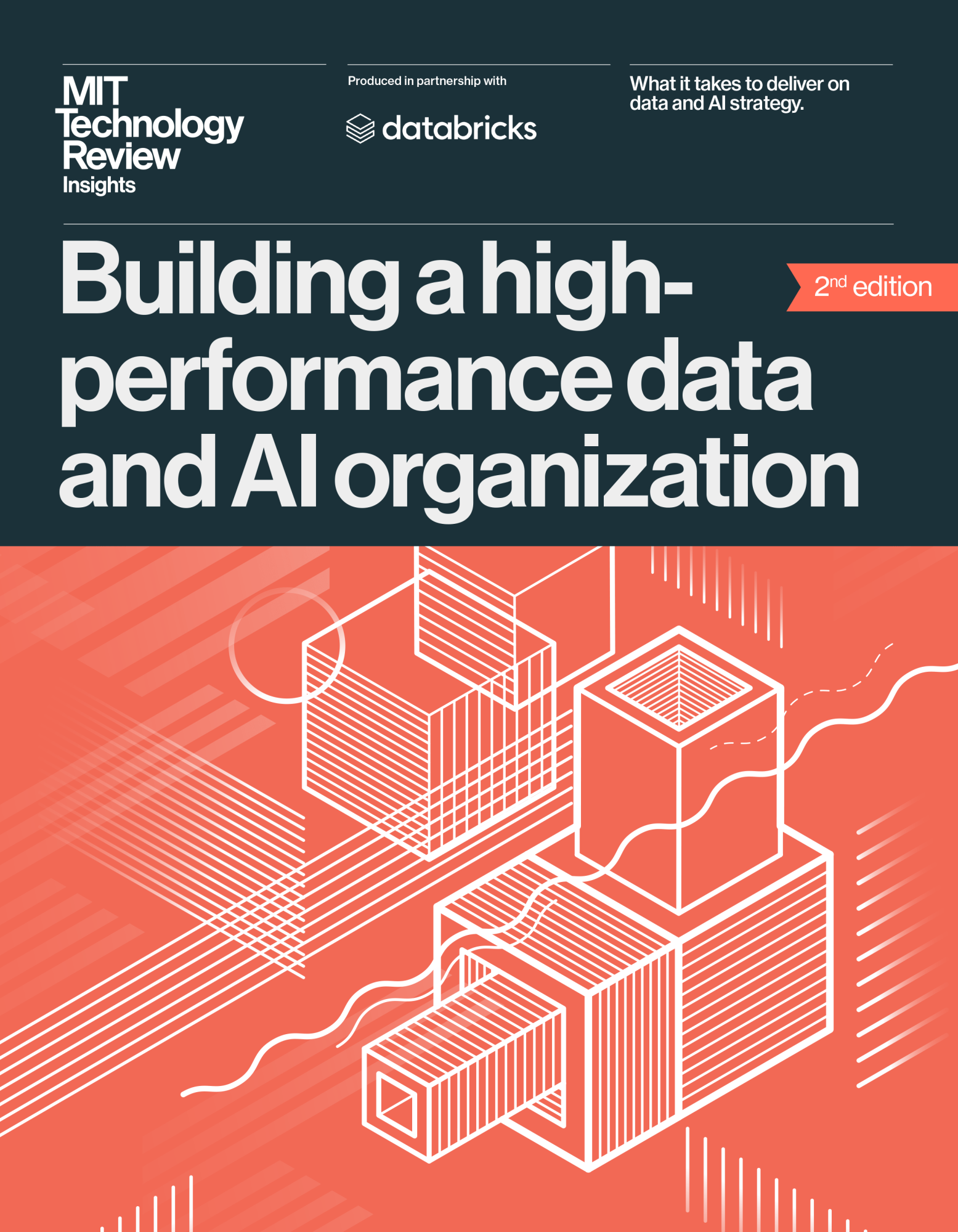
Those migration challenges are on top of the alleged legal intimidation and cease-and-desist letters sent earlier this year to customers with perpetual licenses who had not signed up for subscriptions.
Signaling its determination to challenge Broadcom’s regime, in July ECCO also filed an action with the General Court of the European Union challenging the European Commission (EC) decision that month to approve the VMware acquisition, subject to conditions that made no reference to complaints about its behavior. This is the other side of ECCO and CISPE’s campaign: taking issue with Broadcom and VMware while aiming shots at the EC for not doing enough about the situation.
Microsoft, SAP and Citrix
Many of the complaints were made by CISPE on behalf of its European service provider members. In 2024, CISPE set up ECCO to monitor the behavior of large software vendors in the cloud market, encouraged by concessions it negotiated with Microsoft.
Its first report dealt with Microsoft’s cloud business, and eventually led to changes to the company’s policies on pay-as-you-go pricing, sovereign cloud deployment, and hosting privacy.
On the scorecard, the latest report gives Microsoft’s status as “green,” while noting that the agreement it had reached with the company doesn’t cover issues such as the bundling of AI capabilities or the inconvenient way Entra ID, Azure Active Directory, and Microsoft 365 are still chained together.
However, offsetting this success is the fact that others are now copying Broadcom’s tactics, ECCO said. “One of the more insidious impacts of Broadcom’s bad behaviour is to encourage other vendors to try to impose less favourable licensing terms on their customers and partners.”






















